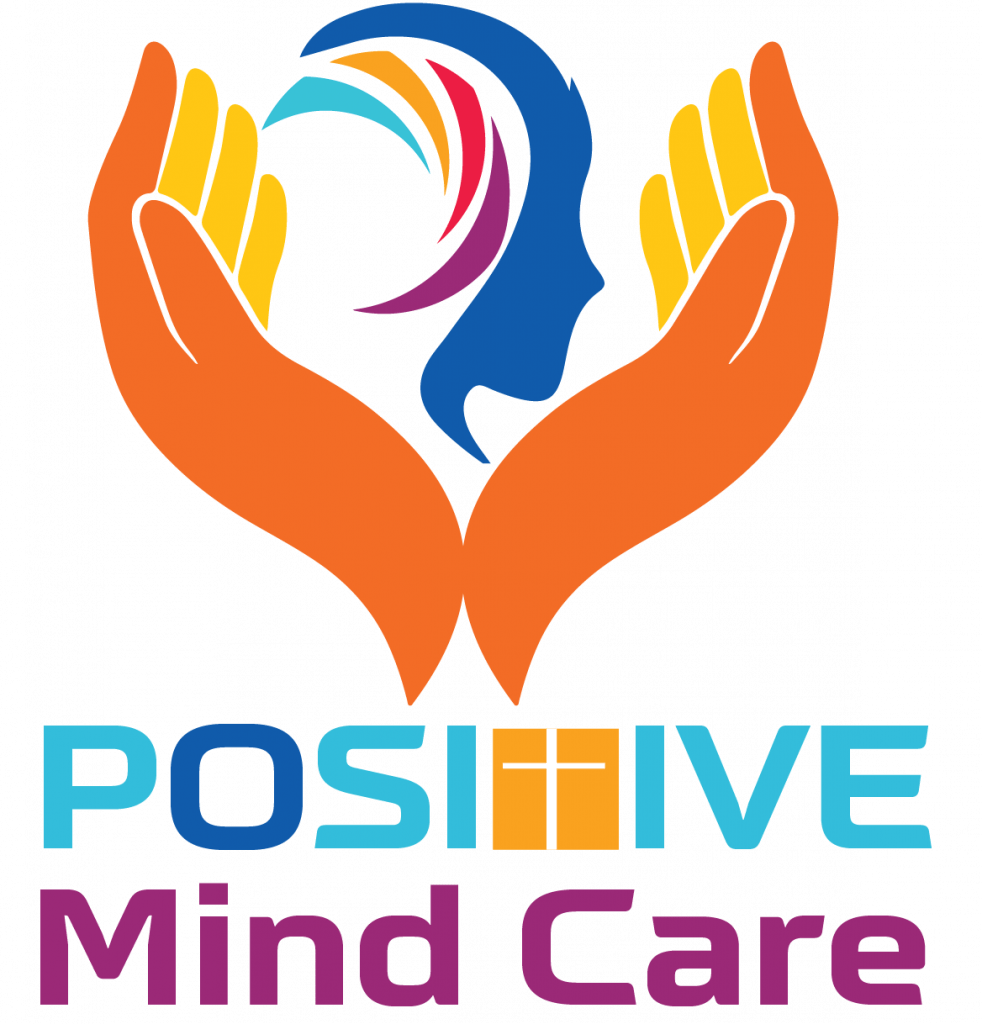Positive Mind Care is a main emotional well-being focus in Gurugram that offers an extensive scope of administrations to address different emotional well-being conditions. Today we are examining Consideration Shortage/Hyperactivity Problem (ADHD) and Chemical imbalance Range Issue (ASD). Deep Transcranial Magnetic Stimulation (Deep TMS) is a revolutionary treatment offered by Positive Mind Care, a renowned Gurugram mental health center. In this article, we investigate the groundbreaking impacts of Profound TMS treatment and why Positive Psyche Care is the best objective for those looking for successful gloom treatment in Gurugram.
What are ADHD and ASD and what are the symptoms associated?
Attention-Deficit/Hyperactivity Disorder (ADHD) and Autism Spectrum Disorder (ASD) are neurodevelopmental conditions that affect individuals worldwide. While their characteristics differ, both disorders pose unique challenges to those affected. This blog aims to delve into ADHD and ASD, highlighting their distinctions, exploring treatment approaches typically employed, and discussing the potential role of Deep Transcranial Magnetic Stimulation (dTMS) in their management.
Symptoms of inattention, hyperactivity, and impulsivity characterize ADHD. Individuals with ADHD struggle to focus, complete tasks, and manage impulsive behavior. Behavioral interventions, psychoeducation, and medication, such as stimulants or non-stimulant medications, are commonly used to manage symptoms. While these treatments can be effective, there is ongoing research into alternative therapies like dTMS.
ASD is a spectrum disorder affecting communication, social interaction, and behavior. Challenges include difficulties in nonverbal communication, forming relationships, and adhering to a routine. Treatment for ASD typically involves a multidisciplinary approach comprising behavioral and educational interventions, speech therapy, occupational therapy, and, in some cases, medication to address specific symptoms. As with ADHD, exploring novel treatment options, including dTMS, is an active area of research.
If you or someone you know is experiencing several of these symptoms for an extended period (typically at least two weeks) and they are interfering with daily life and well-being, it is important to seek professional help from a mental health provider. They can provide a proper diagnosis and recommend appropriate treatment options.
What are the differences between ADHD and ASD?
While ADHD and ASD can coexist, they differ in critical aspects. ADHD is primarily characterized by attention difficulties, hyperactivity, and impulsivity. In contrast, ASD revolves around challenges with social communication, restricted interests, and repetitive behaviors. While there may be overlapping symptoms, such as impulsivity, the underlying features and impairments in each disorder are distinct, requiring tailored treatment approaches.
Treatment using Deep TMS
Deep Transcranial Magnetic Stimulation (dTMS) is a non-invasive brain stimulation technique. It utilizes magnetic fields to target specific brain regions and modulate neural activity. By generating electromagnetic pulses, dTMS aims to improve brain functioning and alleviate symptoms associated with various mental health conditions. While extensively studied for depression, its potential use in ADHD and ASD treatment is an emerging field.
Research on using dTMS to treat ADHD is limited but promising. Studies suggest that dTMS can modulate neural networks involved in attention regulation, potentially improving symptoms related to inattention and impulsivity. However, further research is needed to determine optimal stimulation parameters, treatment duration, and long-term outcomes.
Similarly, dTMS shows potential as a complementary treatment for ASD. Preliminary studies have demonstrated positive effects on social communication, repetitive behaviors, and overall functioning. By targeting specific brain areas associated with ASD, dTMS holds promise in enhancing social cognition and reducing core symptoms. However, additional rigorous investigations are necessary to establish its efficacy and develop standardized protocols.
It’s important to note that dTMS should be administered under the supervision of a qualified healthcare professional, and a thorough evaluation should be conducted to determine if it is an appropriate treatment option for an individual’s specific condition.
Positive Mind Care distinguishes itself through its commitment to excellence in depression treatment. Their highly trained and compassionate staff members strive to create a warm and supportive environment, ensuring patients feel comfortable throughout their therapeutic journey. The center’s state-of-the-art facilities, coupled with the latest advancements in Deep TMS technology, provide patients with the highest standards of care. Positive Mind Care’s unwavering dedication to helping individuals overcome depression makes it a trusted destination for those seeking the best depression treatment in Gurugram.
Conclusion
Positive Mind Care distinguishes itself through its commitment to excellence in depression treatment. Their highly trained and compassionate staff members strive to create a warm and supportive environment, ensuring patients feel comfortable throughout their therapeutic journey. The center’s state-of-the-art facilities, coupled with the latest advancements in Deep TMS technology, provide patients with the highest standards of care. Positive Mind Care’s unwavering dedication to helping individuals overcome depression makes it a trusted destination for those seeking the best depression treatment in Gurugram.
ADHD and ASD significantly impact individuals’ lives, necessitating effective treatment approaches. While behavioral interventions, psychoeducation, and medication remain the primary methods for managing these conditions, emerging research into dTMS as an adjunct therapy is promising. Although the current body of evidence is limited, early studies suggest that dTMS may hold potential in modulating neural circuits involved in ADHD and ASD. Continued research and clinical trials will contribute to further understanding, potentially expanding treatment options and improving the lives of individuals affected by these neurodevelopmental disorders.
Positive Mind Care in Gurugram is a beacon of hope for those battling depression thanks to its cutting-edge Deep TMS therapy and comprehensive approach to treatment. By outfitting the force of imaginative innovation and customized care, Positive Brain Care is changing lives and making ready for a more brilliant, more joyful future for its patients.



